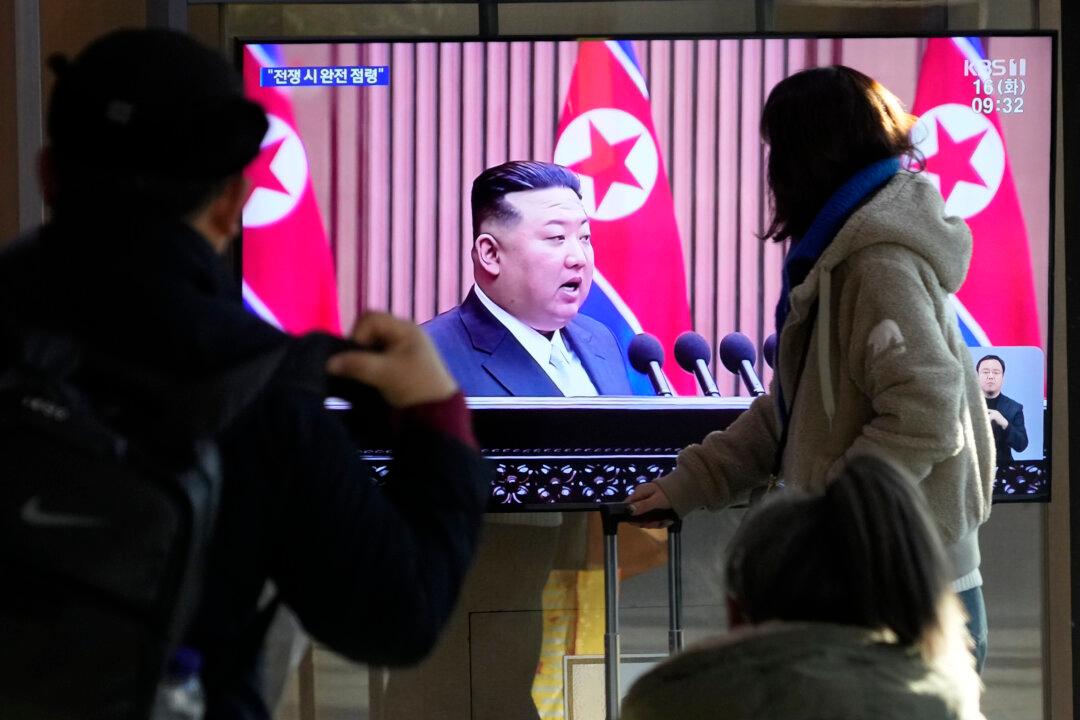North Korea is dismantling agencies responsible for managing South Korean relations after regime leader Kim Jong Un labeled South Korea the “primary enemy” of his country, state media said Tuesday.
The agencies include the National Committee for Peaceful Reunification, the National Economic Cooperation Bureau, and the Kumgangsan International Tourism Administration.





